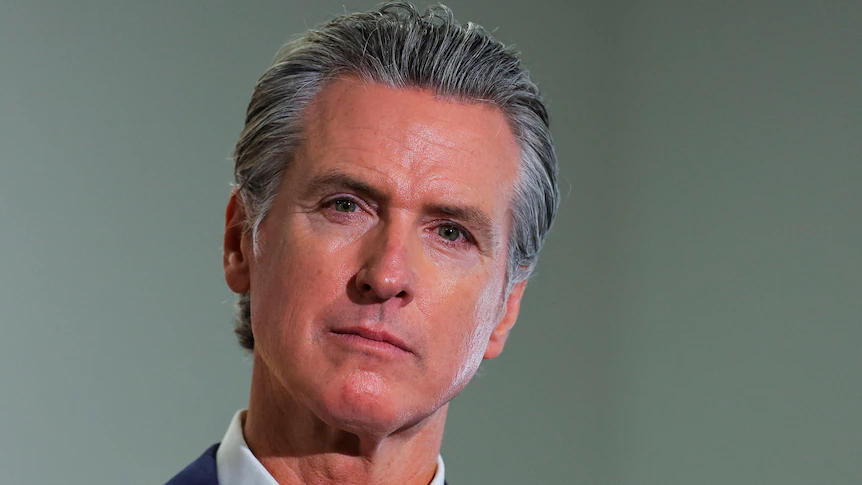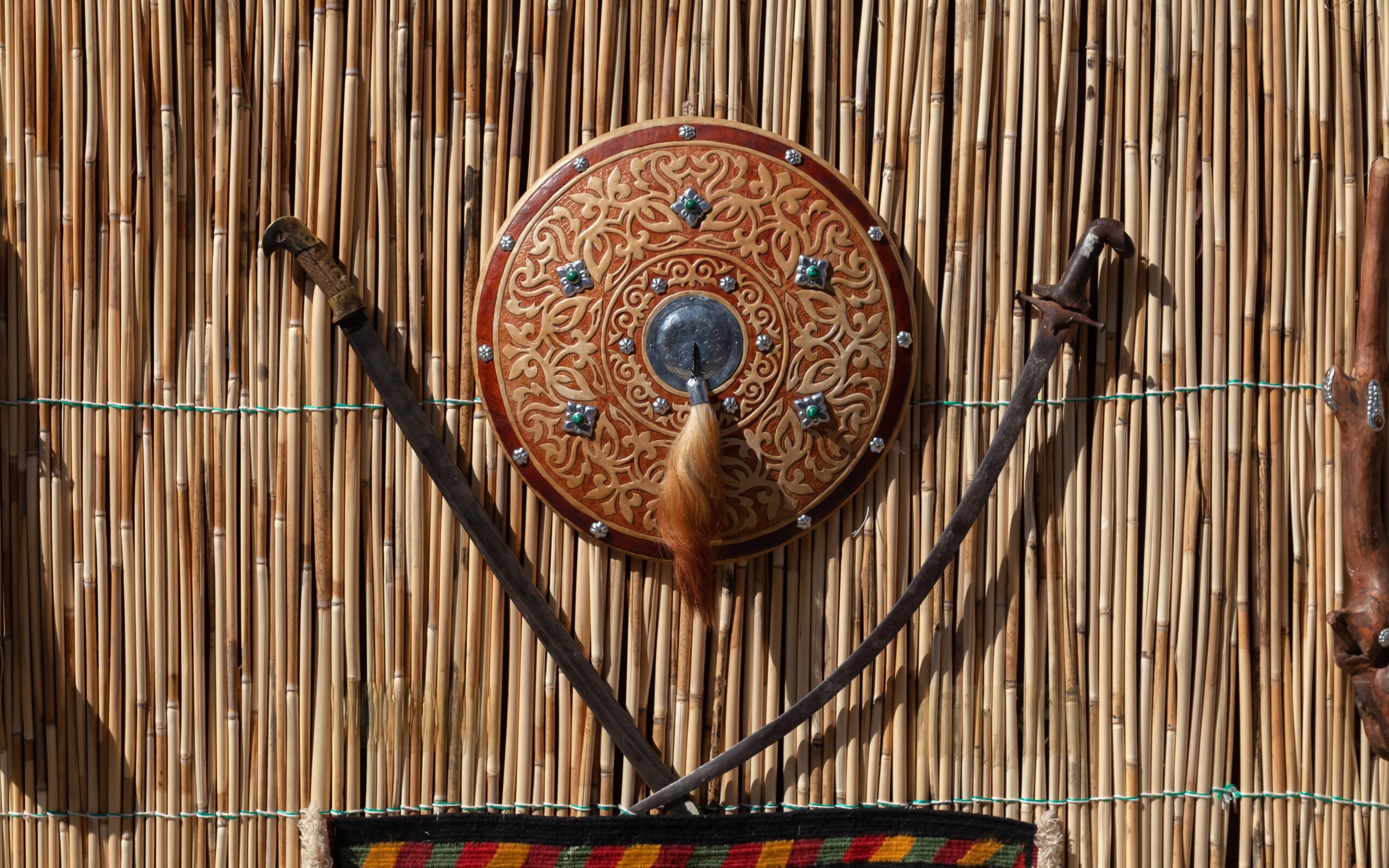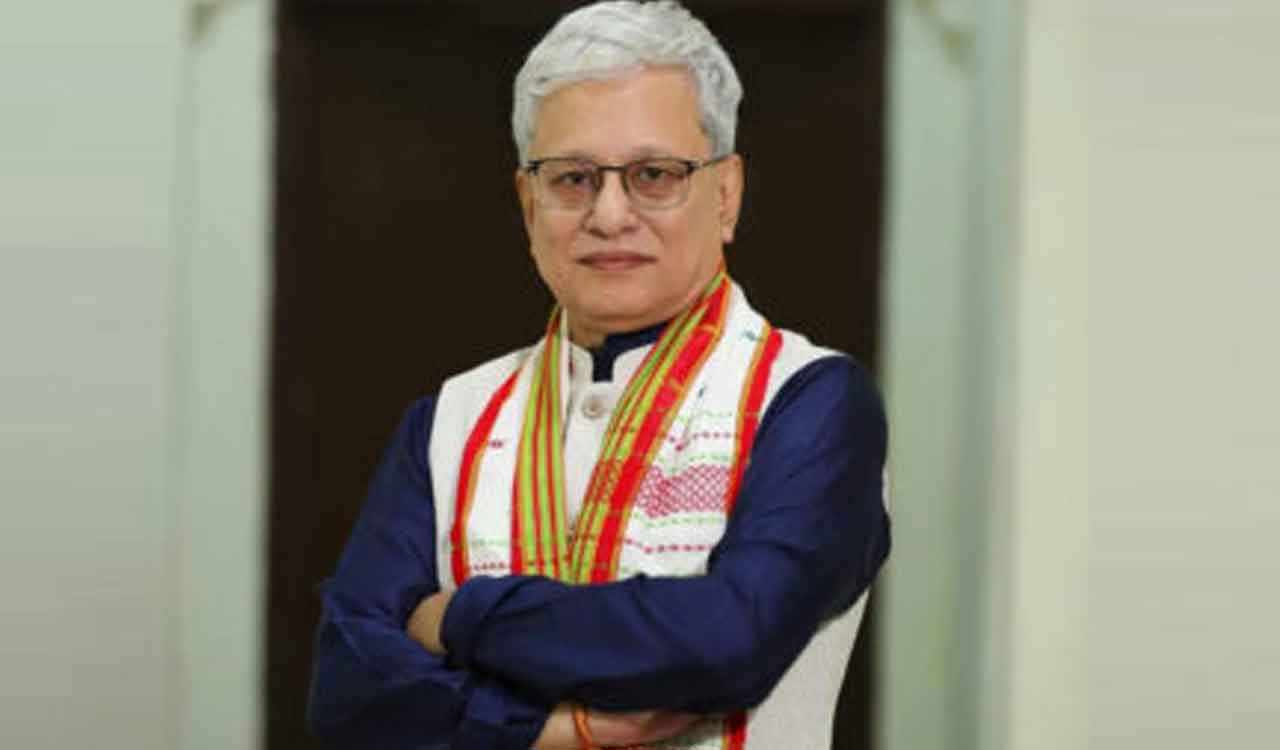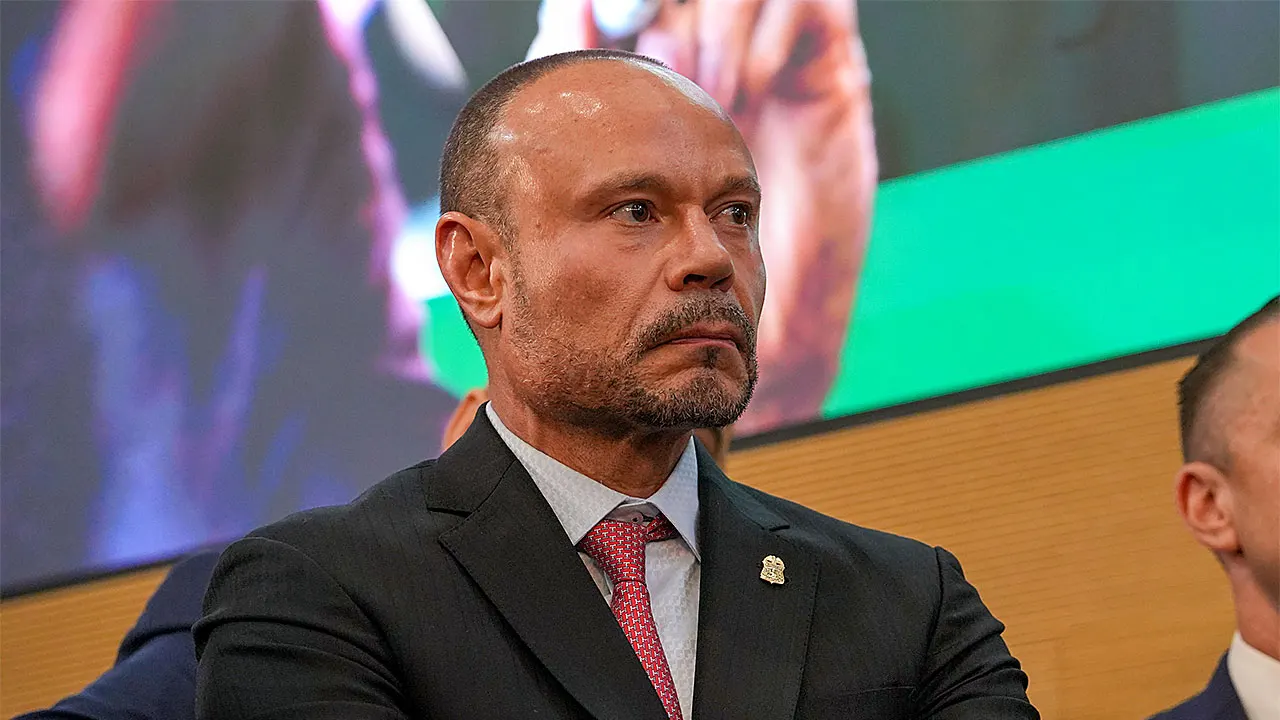Copyright thehindu
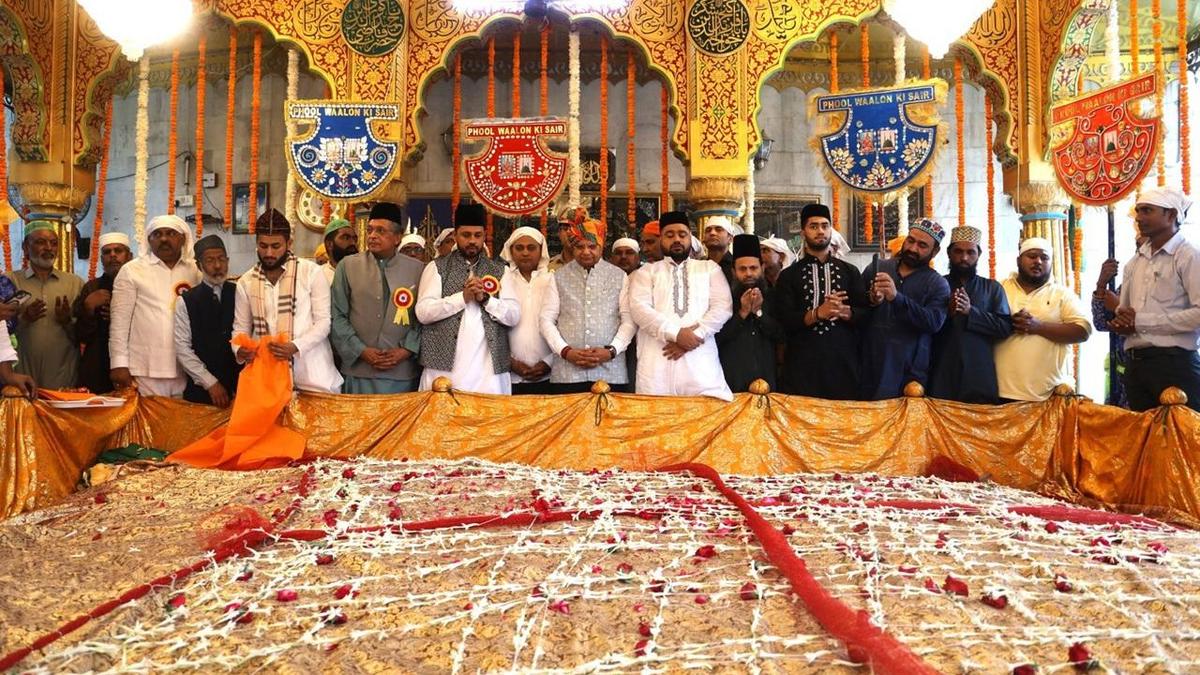
For the first time since its revival in 1962, except during the pandemic years of 2020 and 2021, ‘Phool Walon Ki Sair’, Delhi’s centuries-old festival embodying religious harmony, will not take place this year, said its organisers. The week-long event was initially scheduled to begin on November 2, but has now been postponed. Organisers stated this is due to prolonged uncertainty and delayed permission regarding the use of its traditional venue, Aam Bagh Park in Mehrauli, where the fair and other festival events are typically held. Organisers from Anjuman Sair-e-Gul Faroshan society said that after corresponding with the Delhi Development Authority (DDA), which manages the park, for several months without receiving full approval, they had no alternative but to postpone. A resolution said, “It is unanimously decided to postpone the organisation of Phool Waalon Ki Sair for this year to March 2026, due to the fact that requisite permission for using Aam Bagh has not been granted by DDA so far, coupled with the fact that the level of pollution has become critical in Delhi.” A DDA official said permission was delayed due to “lack of clarity”. It was granted only on Tuesday, 10 days after the committee postponed the festival. The approval is only partial and does not permit amusement rides. “If the committee pays the booking amount and secures approvals from other bodies, they can hold events except for fair rides,” the official said. Organisers said this “limited permission” defeats the festival’s spirit. “The fair is integral; without rides and stalls, there is no joy. What will we do with the partial permission? We already canceled bookings,” said Usha Kumar, the committee’s secretary. Ms. Kumar said that last year, the day before the fair, the DDA withdrew permission for the rides. To prevent recurrence, the committee sought approval since March. DDA repeatedly said the park in question was forest land, she added. The DDA official denied that the park is forest land and attributed the confusion to “lack of clarity”. Over the years, Phool Walon Ki Sair has grown into a public event with people from different walks of life participating. “It’s a working-class people’s festival... denying permission is erasing culture and history. Thousands of daily-wage workers, rickshaw pullers, and migrants attend it every year. For many, this is not just the fair,” said historian Sohail Hashmi. “The authorities are systematically targeting places that represent the city’s syncretic traditions. Hindus and Muslims have celebrated this festival together since before DDA even existed. How can they now dictate how it should be celebrated,” he added. Dating back to 1811, Phool Walon Ki Sair – the procession of flower sellers – is one of Delhi’s oldest traditions, uniting Hindus and Muslims, who jointly offer floral chaadars and pankhas at the dargah of Khwaja Bakhtiar Kaaki and the temple of Yogmaya in Mehrauli. It was halted during British rule in 1942 and revived in 1962 by then Prime Minister Jawaharlal Nehru.
